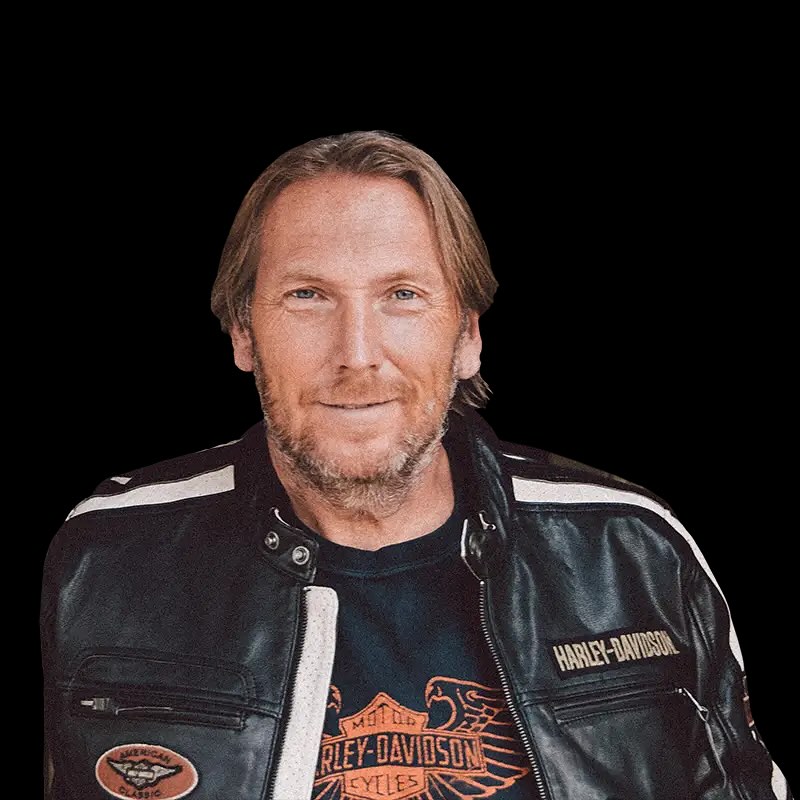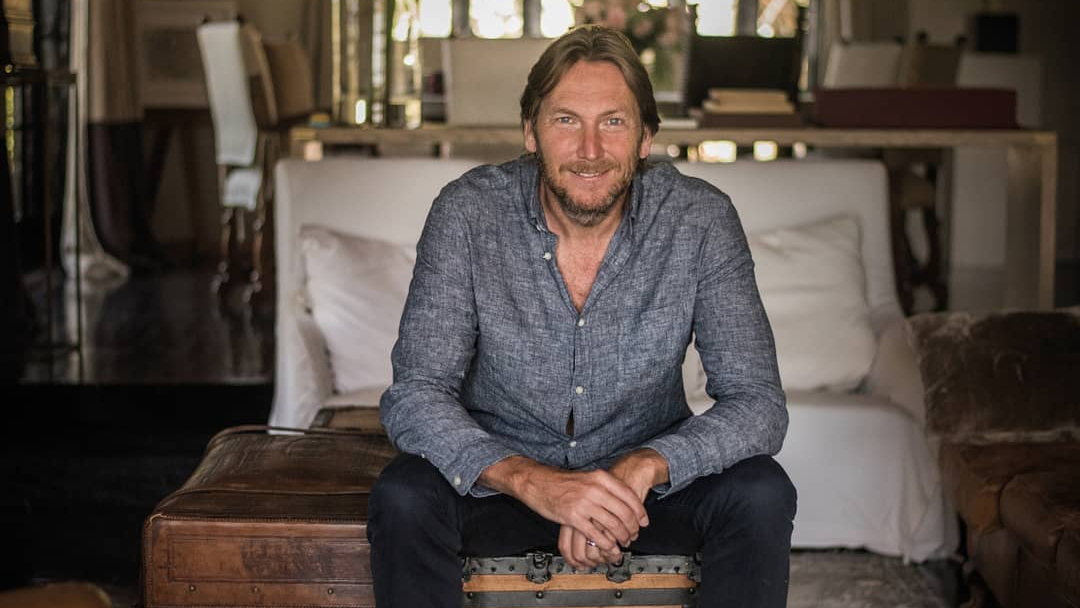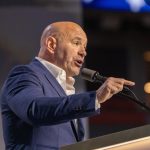Harley Davidson's CEO in the Crosshairs: Zeitz’s Retirement Amid Investor Revolt and Taliban Remark Backlash
Jochen Zeitz, the German businessman who took the helm of Harley-Davidson in May 2020, has announced plans to retire in 2025. His tenure has been marked by ambitious restructuring efforts, investor dissatisfaction, and a recent controversy over a Taliban comparison that sparked public outrage.
A Strategic Shift: The Hardwire Plan
Upon becoming CEO, Zeitz launched "The Hardwire," a five-year strategic plan aimed at revitalizing the iconic motorcycle brand. The initiative focused on high-margin products, scaling back in underperforming international markets, and modernizing the brand to appeal to younger consumers. Despite these efforts, Harley-Davidson has forecasted flat to declining profits and motorcycle revenue for 2025, citing reduced consumer spending on high-cost items.

Investor Unrest: H Partners' Campaign
In April 2025, investment firm H Partners, Harley-Davidson's second-largest shareholder with a 9% stake, initiated a campaign to oust Zeitz and two other directors from the board. The firm criticized the company's declining sales and stock performance, as well as its remote work policies, arguing that the current leadership has failed to preserve Harley's culture and appeal. Harley's stock has fallen 45% in the past year, reflecting its struggle to attract new riders.
Related: Jochen Zeitz and The B Team: Redefining Business for People and Planet
Related: Alex Karp vs. Silicon Valley: A CEO at Odds with Tech Culture
Related: John Ternus: The Man Who Could Succeed Tim Cook as Apple CEO
Controversial Remarks: The Taliban Comparison
Adding to the turmoil, Zeitz faced backlash for a controversial comparison involving the Taliban. While discussing traditional capitalism, he made remarks that were interpreted as equating certain business practices with the extremist group. The comments drew swift condemnation from the motorcycle community and beyond, with critics accusing Zeitz of undermining Harley-Davidson's image of American freedom and ruggedness. The company defended Zeitz, stating that his remarks were intended to critique traditional capitalism and not to draw a direct comparison to the Taliban.

Photo @HarleyDavidson
Compensation and Departure
Zeitz's compensation has also come under scrutiny. In 2023, his total compensation dropped 72% from the previous year's $43.3 million, which had been inflated by a nearly $32 million bonus tied to stock awards. The decline reflects the company's underperformance and the failure to meet certain share price thresholds.
As Harley-Davidson searches for a new CEO, Zeitz is expected to remain in his role until a successor is appointed. His departure marks the end of a tumultuous chapter for the company, as it grapples with internal dissent, public controversies, and the challenge of redefining its brand in a changing market.
Conclusion
Harley-Davidson is more than a motorcycle brand—it’s an icon, a symbol of rebellion, freedom, and the American road. But being a classic doesn’t guarantee survival in today’s cutthroat market. Younger riders are more likely to opt for the more affordable, tech-savvy and eco-conscious options on the market, leaving Harley Davidson fighting for new customers. Add to that a wave of investor backlash, PR disasters, and leadership instability, and the company's future starts to look precarious. But if Harley-Davidson wants to remain more than a nostalgic brand or a collector’s badge, it needs a radical, unified vision, which won't happen among comments on the Taliban.









